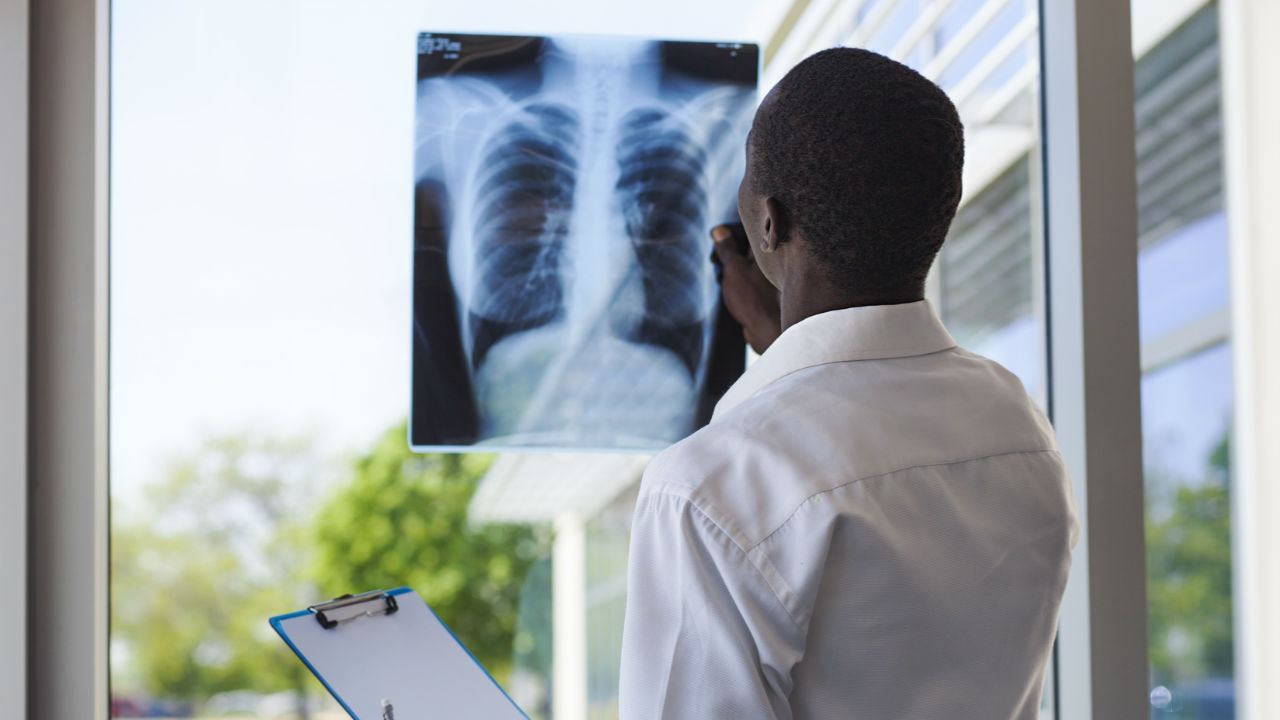What is Young's Syndrome?
Young's Syndrome is an extremely rare condition that is primarily known as a cause for male infertility, but there is a genetic link between the onset of this syndrome in men and corresponding development of bronchiectasis (scarring and widening of the airways).
It is also known as Barry-Perkins-Young Syndrome, named after the first two patients to be diagnosed and the doctor that first reported the symptoms respectively.
What happens to the Lungs?
Researchers still don't know why Young's Syndrome affects the lungs and the ability for sperm to be added to semen. There doesn't seem to be an obvious physiological connection.
About half the men that are diagnosed with Barry-Perkins-Young Syndrome report a history of bronchitis or bronchiectasis. With this condition, the mucus in the lungs thickens. Many also reported a history of chronic sinopulmonary infections (affecting sinuses and the airway of the lungs). While some of the symptoms are similar to cystic fibrosis, science hasn't been able to find a direct causal link, but 2 out of 7 patients investigated in 1993 were found to be carriers of the delF508 mutation - the most comment mutation of cystic fibrosis in northern Europe.
The condition normally affects middle-aged men who are being evaluated for infertility issues.
Causes and Treatments of Young Syndrome
For the lungs, treatment will focus on addressing the symptoms and severity of the effects on the airway. There is no cure for the infertility symptoms.
Several studies have suggested that contact with mercury might have been a catalyst for the development of the syndrome. The incidence of chronic sinusitis, bronchitis, or bronchiectasis in men with Young's Syndrome has decreased in men born after 1955 when mercurous chloride (or "calomel") was removed from teething powders and worm medication in the UK (British Medical Journal, "Was Young's syndrome caused by exposure to mercury in childhood?", Department of Urology, St. Bartholomew's Hospital, London, 1993 as found on pubmed.gov).
Sources:
www.bionity.com;
http://rarediseases.info.nih.gov;
www.ncbi.nlm.nih.gov;
www.dictionary.com;
www.ncbi.nlm.nih.gov






Add a Comment1 Comments
Thanks :)
June 28, 2013 - 1:31pmThis Comment